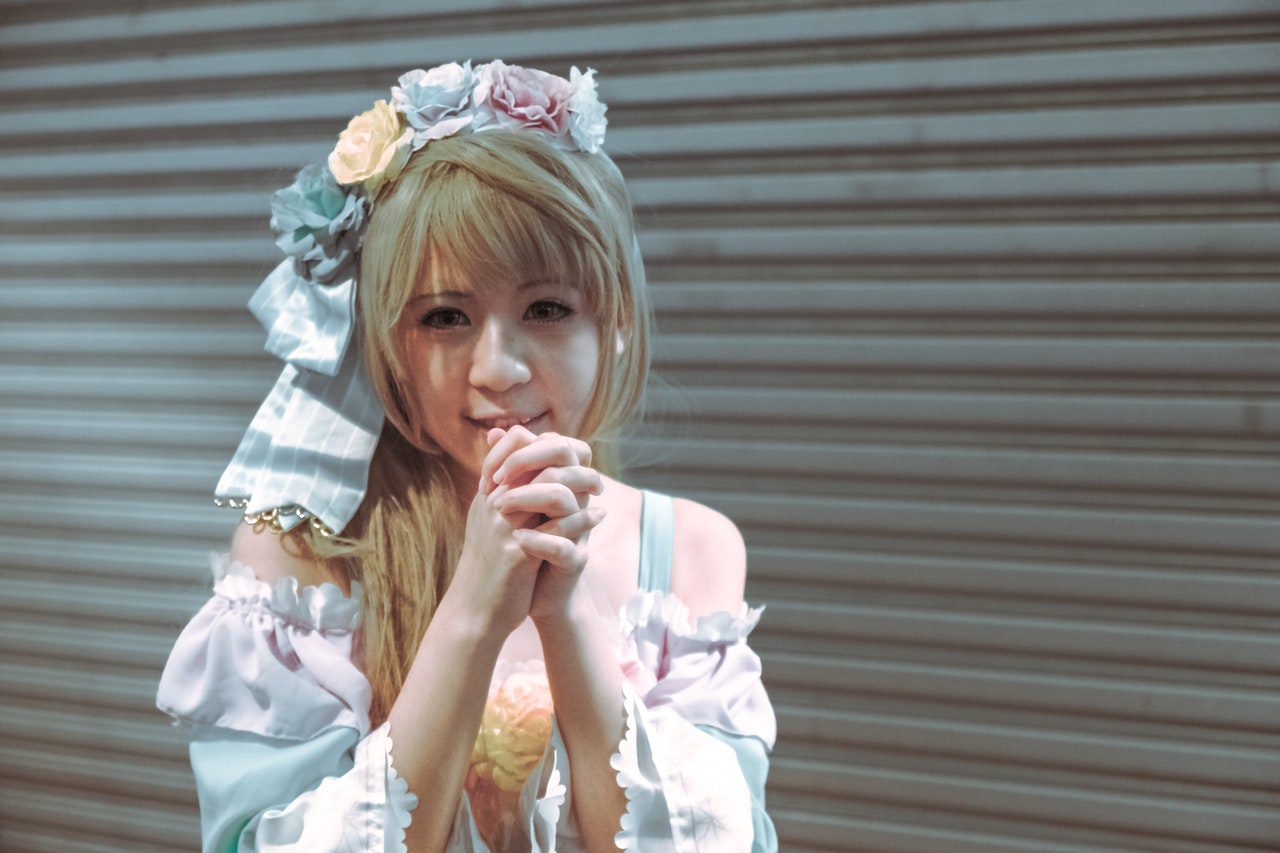Growing up, I lived across a girl who thought the whole world revolved around her. She was always obsessed over her looks, even in the playground, and focussed only on pretty things. She loved being the center of attention and would create some drama to catch attention if she felt she wasn’t getting enough of it.
Even her parents acted like she was the center of the universe. I understand that kids are very important for parents, but hers straight away spoiled her.
“They didn’t let her lift a finger. They always listened to her wishes, treating her like a literal ‘princess.’ Whenever someone complained about her impolite behavior, they only supported their daughter instead of listening to that person’s angle. Even when she threw tantrums, her parents never took any measures to stop such behavior.
That family and the girl’s character intrigued me. Later in life, when I started reading non-fiction, I got to know this is called princess syndrome.
Today, we will talk about princess syndrome in detail. Nancy B. Irwin, PsyD, C.Ht., a Licensed Clinical Psychologist, shared her knowledge and thoughts on the subject in this article.
What is princess syndrome?

The Princess Syndrome is not a condition or disorder that you will find in the DSM (Diagnostic Statistical Manual, the “Bible” for mental health conditions). Still, it is a complex that some parents, well-intended no doubt, instill in their daughters through labels like “princess” or “goddess” or “diva” or even the word “special.” It is much healthier to let your child know that no one is better than or less than anyone else. Terms like Princess and Goddess and Diva are absolutely setting them up for chaotic relationships and low self-esteem due to unrealistic expectations that they deserve “royal” treatment.
What are its roots?
Fairy tales, media messages, and well-intentioned parents who more than likely want more for their daughters than they had. However, they rob their girls of the valuable life lesson that we are all equal. It is a sexist attitude that supports the belief that women’s value is in their youth, beauty, and sexuality and that they need to be rescued by a “knight in shining armor” or else they are helpless creatures.
How does it make relationships toxic?
By unreasonable expectations that they deserve more, can get away with more, that being pretty or just female entitles them to get away with less effort.
Some feel that they are too good to work; they become gold diggers, manipulating men or women to get what they “deserve” with no effort of their own. They often grow up superficial, incapable of sharing, compromising, or being authentic.
Signs of Princess Syndrome
- Temper tantrums at any age,
- Procrastination,
- Pouting,
- Cheating,
- Manipulating others to do their work, etc.
How to deal with it?
It is vital that you praise your daughters for their hard work, not just their talent or intelligence, and definitely not for their appearance. It is of course nice to praise them for being beautiful, but with a cooperative spirit, not a competitive one (“You were the prettiest girl on the team today!” or “You are such a special little girl!”) and not without a healthy balance between other values.


